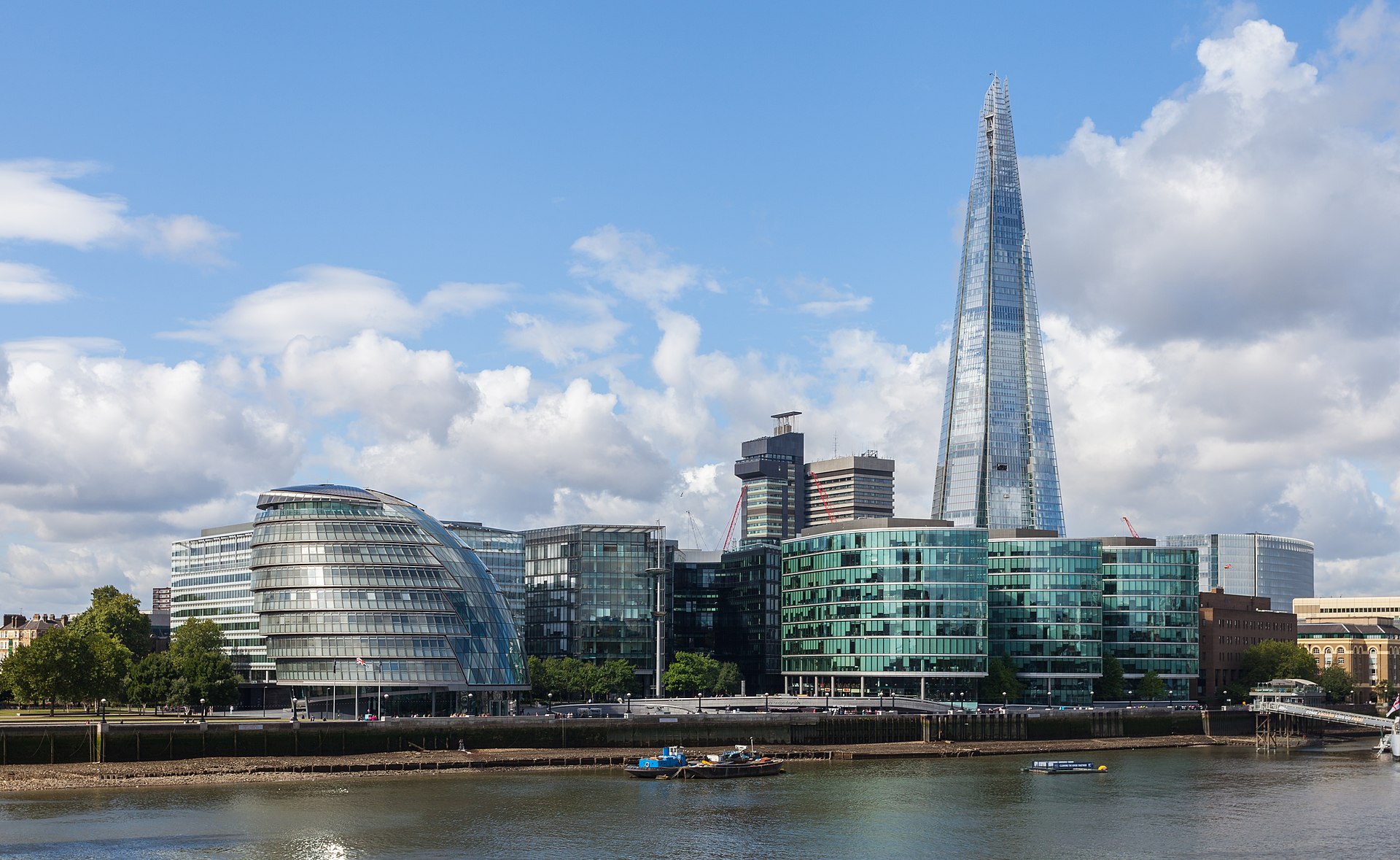There will be a future while we might wish we didn’t have to start from where we are. Plans are there to try to anticipate and change its shape.
We have local Plans in England, Scotland and Wales (parts of the United Kingdom – though the future is not guaranteed). Speaking of England, we can summarise degrees of planning influence, in some places, as Parishes, Districts, Counties and Mayors. The dogs not barking are any kind of region – or a National Plan.
Plans start with a projection of the population, translating this into housing need, then finding ways and places in which the need can be met. Within this context, as the existing London Plan has, there are also social infrastructure, the economy, heritage and culture, green infrastructure and the natural environment, sustainable infrastructure, and transport (1).
Temperature
Underneath this, it’s easy for a Plan to assume the amount of liveable land stays the same. But we have climate change. Speaking as a simple person who lives in Cambridge, which, as long ago as 2019, recorded the hottest temperature in the UK at a mere 38.7°C (2), in July 2022, I happened to be in the car park at Heathrow when the temperature reached a mere 40.1°C, not the highest in the UK that day (3).
Sea Level
And as the temperature melts the ice the sea level rises. A projection from NASA is a rise of 1.1m by 2140 (4). From the Met Office we have: “for projections to 2100, the low-likelihood, high impact storyline could lead to an additional metre of global mean sea level rise” (5). There are also places which show simple maps relating land to sea level – the example of London and a one metre rise (Climate Central Coastal Risk Tool, showing a water level of 1.0 meters above the high tide line (6)).

We need to be able to answer the question: “how are areas at risk of rising sea levels adapting?” (7). Such as engineering projects that keep water out, growing natural defences, or moving homes and businesses to safer ground, away from flood-risk areas.
Flooding by rain
As well as adapting to rising sea levels there is the need to adapt to more rain: in 2023 “the UK saw 11% more rain than average” (8). And more rain can come as more intense rain (9): “extreme rainfall events could be four times as frequent by 2080 compared to 1980s.” On the 5th January the Government alerted London to ten locations where flooding is expected and 25 locations where flooding is possible (10 shows location and warning at the time of access).
Planning and water shortage
And the risk of water, water everywhere can come with not enough to drink – if you haven’t planned for that. Close to London, around Horsham, Natural England has put constraints on “all development proposals that consume mains water” (11). In Cambridge we have “fears supplying water to thousands of new homes “will pose a significant risk” have led to the first planning objections from the Environment Agency” (12).
History
In May 2023 I went to Egypt to see my sister in this connected world. Where close to Alexandria we have Canopus, “subject to rising sea levels, earthquakes, tsunamis, and large parts of it seem to have succumbed to liquefaction …. The eastern suburbs of Canopus collapsed, their remains being today submerged in the sea, with the western suburbs being buried beneath the modern coastal city of Abu Qir” (13).
References
- (1) The Greater London Authority (2021) The London Plan 2021, available at: https://www.london.gov.uk/programmes-strategies/planning/london-plan/new-london-plan/london-plan-2021 (Accessed on 3rd January 2024).
- (2) BBC (2019) UK heatwave: Met Office confirms record temperature in Cambridge, available at: https://www.bbc.co.uk/news/uk-49157898 (Accessed on 3rd January 2024).
- (3) Met Office (2022) Record high temperatures verified, https://www.metoffice.gov.uk/about-us/press-office/news/weather-and-climate/2022/record-high-temperatures-verified (Accessed on 3rd January 2024).
- (4) NASA (n.d.) Projected Sea Level Rise Under Different SSP Scenarios (Tower Pier full projection), available at: https://sealevel.nasa.gov/ipcc-ar6-sea-level-projection-tool?psmsl_id=336&data_layer=scenario (Accessed on 4th January 2024).
- (5) Met Office (n.d.) Past and future sea level rise, available at: https://www.metoffice.gov.uk/weather/climate-change/organisations-and-reports/past-and-future-sea-level-rise (Accessed on 3rd January 2024).
- (6) Climate Central (n.d.) Land below 1.0 meters of water, Available at: https://coastal.climatecentral.org/map/11/0.0083/51.5229/?theme=water_level&map_type=water_level_above_mhhw&basemap=roadmap&contiguous=true&elevation_model=best_available&water_level=1.0&water_unit=m (Accessed 5th Jan2024).
- (7) World Economic Forum (2022) Sea level rise: Everything you need to know, available at: https://www.weforum.org/agenda/2022/09/rising-sea-levels-global-threat/ (Accessed on 3rd January 2024).
- (8) Met Office (2024) 2023 was second warmest year on record for UK, available at: https://www.metoffice.gov.uk/about-us/press-office/news/weather-and-climate/2023/2023-was-second-warmest-year-on-record-for-uk (Accessed on 3rd January 2024).
- (9) Met Office (2023) New research shows increasing frequency of extreme rain available at: https://www.metoffice.gov.uk/about-us/press-office/news/weather-and-climate/2023/new-research-shows-increasing-frequency-of-extreme-rainfall-events (Accessed on 3rd January 2024).
- (10) Government Check for Flooding Service (date as time when queried) Flood alerts and warnings, available at: https://check-for-flooding.service.gov.uk/alerts-and-warnings?q=london
- (11) Horsham District Council (2023) Water neutrality and planning applications, available at: https://www.horsham.gov.uk/planning/water-neutrality-in-horsham-district/water-neutrality-and-planning-applications (Accessed on 3rd January 2024).
- (12) BBC (2019) Water supply fears prompt first housing objections, available at: https://www.bbc.co.uk/news/uk-england-cambridgeshire-65965718 (Accessed on 3rd January 2024).
- (13) Canopus, Egypt (2023) available at: https://en.wikipedia.org/wiki/Canopus,_Egypt (Accessed on 3rd January 2024).





